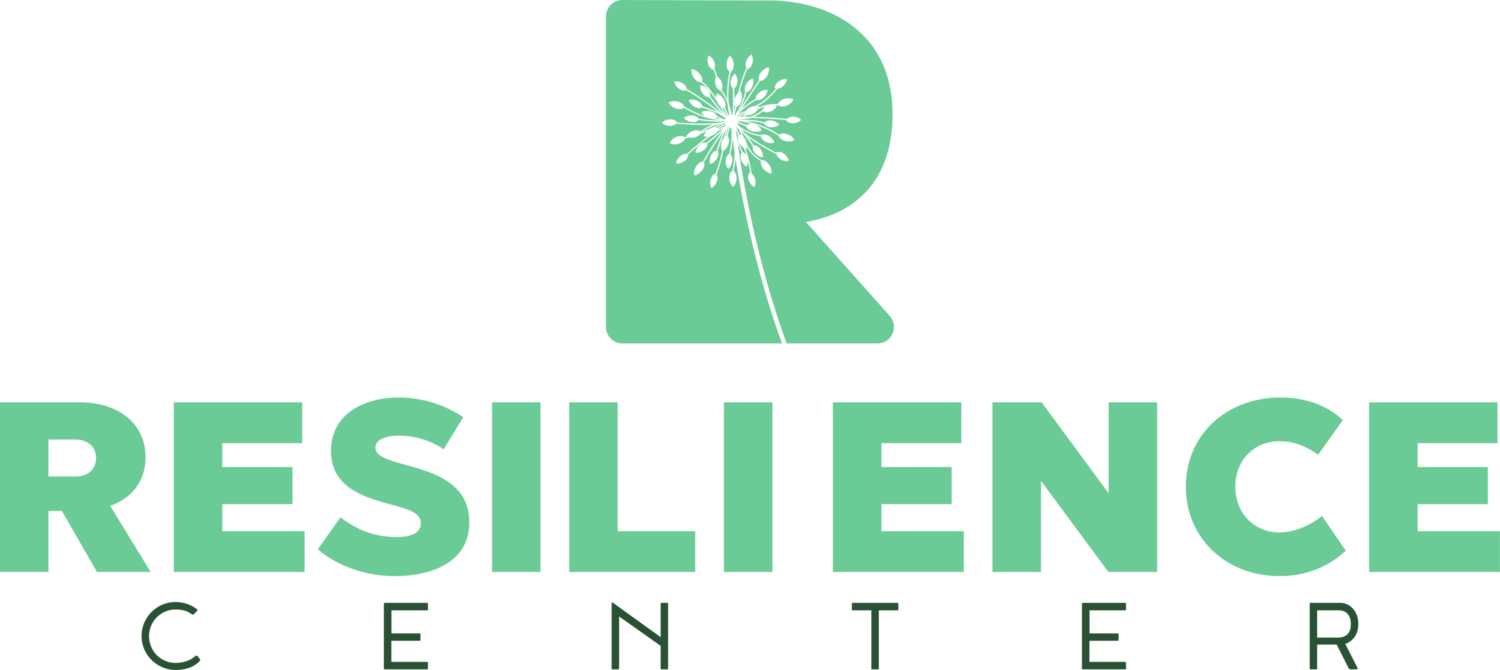In the throes of an eating disorder, the body gets both the blame and the abuse. Body becomes the scapegoat. Sometimes this happens at a level you’re not even aware of. If your body boundaries were violated at some point, through abuse or objectification, you can fall into the trap of thinking your body itself was to blame for the abuse or attack. On top of this, our bodies take much longer to process and heal than our minds. So when the body shows the aftereffects (startling easily, panic attacks, etc.), it can deepen the belief that the body is to blame. To try to “fix” this, you may try to control your body through any means available, including disordered eating, cutting, substance abuse, relentless work, excessive exercise, and more. These efforts, in effect, tell your body to “just get over it.” The thing is, your body can’t get over it. At least not like that.
Your body needs time to process what it’s been through. It’s on this journey with you. To do this, you need to find ways to integrate your experience, your consciousness, your insights with your body. Otherwise, you will remain in battle with your body instead of letting it guide your healing.
What if you struggle with a chronic ailment or illness? Does that mean you won’t find healing? Not at all! Health and healing are not the absence of illness, but a way of being in relationship with your body. None of the therapy in the world can free you from feeling, just like restricting didn’t free you from feeling. Binging didn’t free you from feeling. Drinking didn’t free you feeling. Becoming a marathon runner didn’t free you from feeling. Get my drift?
You will begin to heal when you begin to show your body the respect and care it deserves. When you allow it to be imperfect and respond with love anyway.
We tend to have this expectation that therapy or self-help will lead to insights that will then give the healing we need to change our behavior toward our bodies. I’m guessing you already have some insights about why you treat yourself the way you do. Did those epiphanies change your behavior? Maybe for a little while. Then you find yourself falling back into harmful patterns, now armed with the guilt that comes with the awareness of why you are doing it, the harm it will cause, and doing it anyway. The issue that knowledge not embodied is not yet learned. When you start serving your body, tending to your body, and caring for your body, healing will follow.
Are you ready to start?


